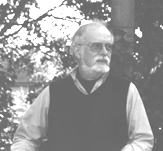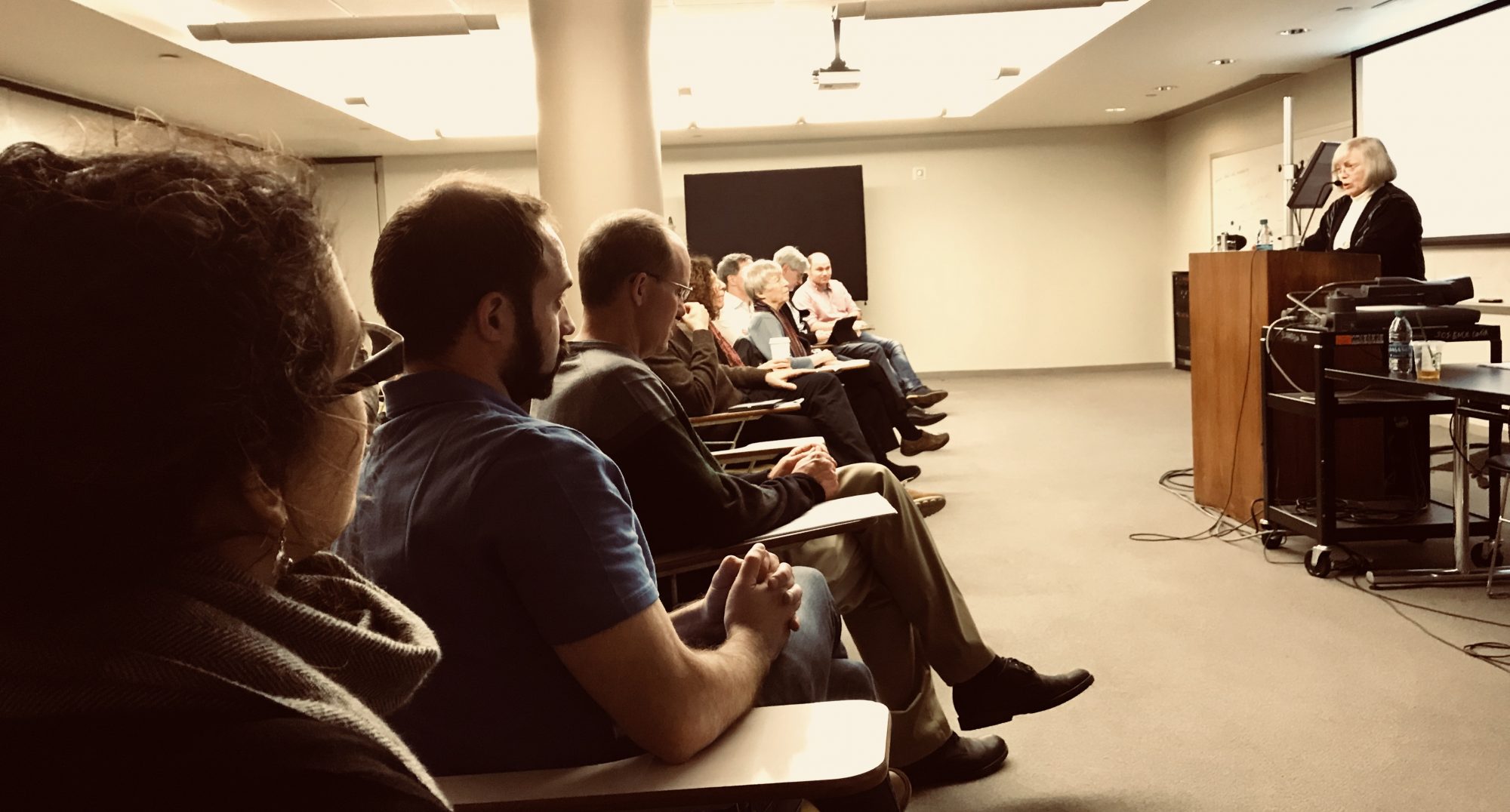 (PhD New Sch for Social Res 1971; Prof Emeritus) Historical anthropology of capital/class/culture in North Atlantic, production of race/state; North America (gsider@mindspring.com)
(PhD New Sch for Social Res 1971; Prof Emeritus) Historical anthropology of capital/class/culture in North Atlantic, production of race/state; North America (gsider@mindspring.com)
Gerald Sider focuses on culture and class in rural hinterlands, with special emphasis on the changing situation of communities, or fractions of communities, that are under severe political and economic pressure. He is currently working on three major projects:
- An analysis of the recently intensifying centralization and chemicalization of agriculture in the Southern United States, which along with the closure of the majority of the textile assembly mills and their replacement by hog and poultry packing plants is leading to the massive displacement of African American and Native American labor from southern agriculture and industry, and their replacement with undocumented Central American workers whose conditions of employment (including wages and health and safety issues) are very much worse than previously. This study is part of a larger historical-anthropological analysis of impunity and the state, an analysis which includes paramilitaries in Central America and lynching in the United States.
- An analysis of the impact of the forced closure of the North Atlantic cod fishery by Canada, and its replacement by a far more highly capitalized and centralized shrimp and crab fishery – a transformation that is devastating large numbers of coastal communities in Newfoundland. Professor Sider’s field research and writings on this issue focuses on the discourses within families and communities when a whole way of life comes to an end, and on the social construction of silences.
- Professor Sider is presently in the first year of a five-year study of the exceptionally high rates of suicide and substance abuse among teen-age and pre-teen Inuit and Innu youth in Labrador, and the dramatic increase in these rates since the 1980s. This research project begins in the nineteenth century, with an analysis of the changing ways that native communities have dealt with the crises of famines, epidemics, and forced relocation. The purpose of this historical focus is to see what has changed in the capacity of native communities to address disasters, and then to seek to explain these changes.
These three projects continue to develop analytical and methodological perspectives in marxist historical anthropology that emerged from his recently completed analysis of famine and gender differences in mortality in the African Sahel, work which focused on the long-term, simultaneous construction and maintenance of local cultural particularism and locally-specific inequalities.
His recent publications include
- 2003 Becoming History, Becoming Tomorrow: Making and Breaking Everyday Life in Rural Newfoundland. Ontario, Canada: Broadview Press. This is a new edition ofCulture and Class in Anthropology and History
- 2003 Lumbee Indian Histories: Race, Ethnicity, and Indian Identity in the Southern United States, Second, revised and updated edition. Chapel Hill: University of North Carolina Press.
- 1997 Between History and Histories: The Production of Silences and Commemorations, co-edited with Gavin Smith. Toronto: University of Toronto Press.
- 1996 “Cleansing History: Lawrence, Massachusetts, the strike for four loaves of bread and no roses, and the anthropology of working class consciousness,” in Radical History Review 65, March. (This article was published with responses by David Montgomery, Paul Buhle, Christine Stansell, Ardis Cameron, and my reply.)
- 1996 “The Making of Peculiar Local Cultures: Producing and surviving history in peasant and tribal society,” in Was Bleibt von Marxistischen Perspectiven in der Geschichtsforschung? Alf Luedtke, ed. Goettingen, Germany: Vandenhoeck und Ruprecht.
- 1996 “Anthropology and History: Opening points for a new synthesis,” in Focaal(Netherlands) summer.
- 1993 Lumbee Indian Histories: Race, Ethnicity and Indian Identity in the Southern United States. New York: Cambridge University Press; paperback ed., 1994.



